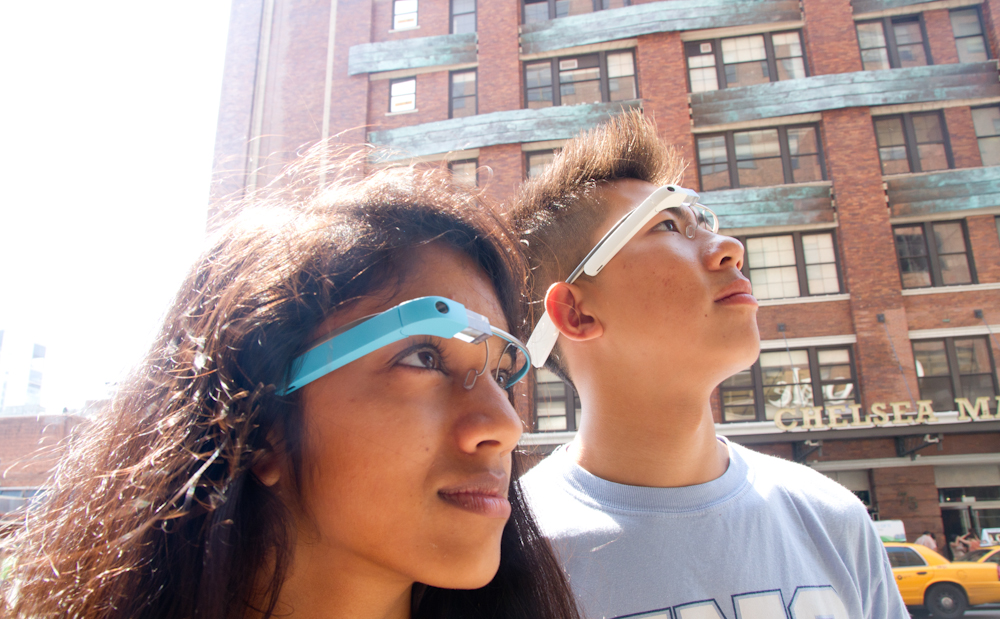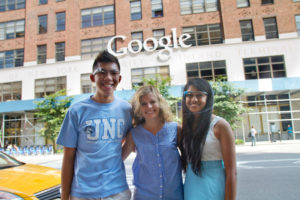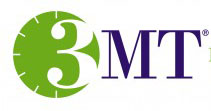 Two Carolina undergraduates are among some 8,000 “Explorers” selected by Google Inc. to try out “Glass,” the company’s new voice-activated, eye-glass-like gadget. Google Glass is not yet available to the public.
Two Carolina undergraduates are among some 8,000 “Explorers” selected by Google Inc. to try out “Glass,” the company’s new voice-activated, eye-glass-like gadget. Google Glass is not yet available to the public.
Patrick Lung and Pranati Panuganti heard about the Glass contest during the spring 2013 semester while they both were studying entrepreneurship in a first-year seminar taught by Buck Goldstein, University Entrepreneur in Residence in the College of Arts and Sciences. Contestants sent their entries via Twitter or Google+, using 140 characters (or up to 50 words) and an optional 15-second video or up to 5 photos, to explain what they would do with the device. They posted their entries using the hashtag #ifihadglass.
Panuganti, a rising sophomore from Charlotte, wrote that she would use the device to “video chat people with disabilities from places they can only dream of going.” She would like to create a video journal of the places she visits that can be easily shared through Glass.
She says she would like to “conduct research or develop a Glass application” to explore other ways the gadget can aid the disabled.
Lung, a rising sophomore from Canada, submitted a humorous video that shows how Glass would help him win bets with friends, based on factual assertions that could immediately be confirmed or rejected using the device.
“The world would become my search query,” Lung posted. “Google Listen would analyze conversations in real time to provide insights into every spoken word. From going more in-depth about key phrases to suggesting related topics, Google Listen will allow users to become the nerd they always wanted to be.”
Lung is working on several Glass app ideas. One is to have Glass automatically take photos every few minutes, which could be stitched together to make a minute-long video of a day. Another would use Glass’ speech-to-text and keyword-recognition capabilities to remember the names of people he meets.
Explorers will wear their devices like a pair of eye-glass frames with only one tiny, Internet-connected lens at eyebrow-level. Glass will make it possible to chat and listen, shoot photos, record videos, search for answers, get directions, and share with others –all hands-free.
Support from a UNC alumnus covered the cost for Lung and Panuganti to each purchase a Google Glass and fly roundtrip to Google’s New York office to pick them up.
The students plan to engage the campus and the world in a conversation about their experience during a live, online Google “Hangout on Air” sometime this fall.



